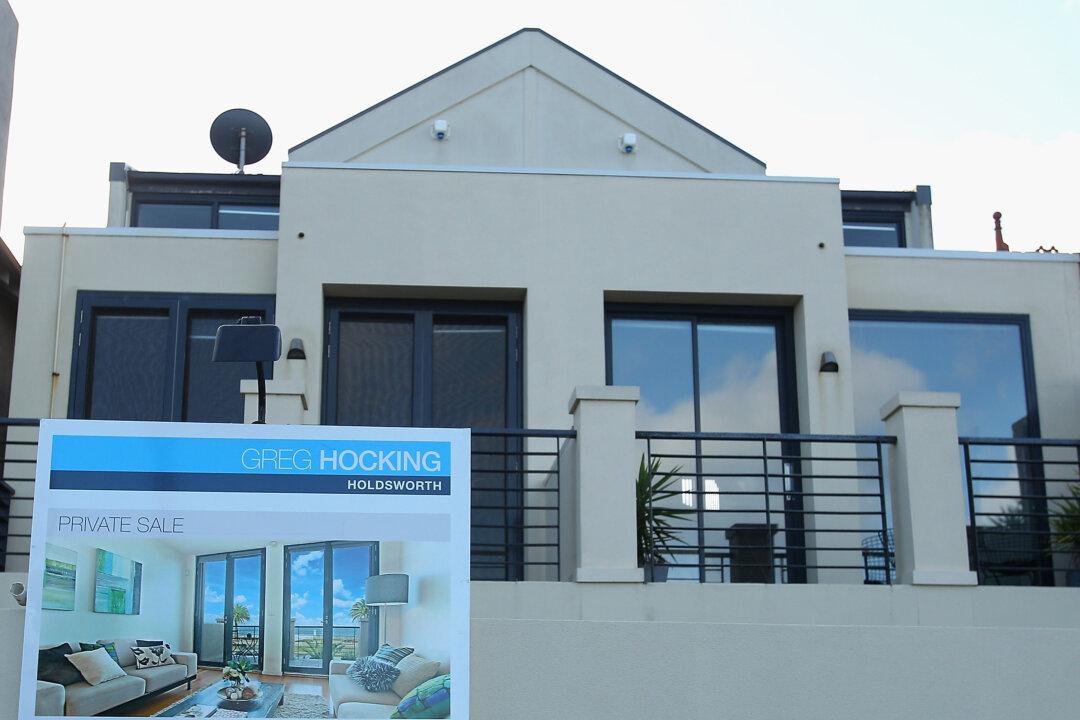Victorian residents who own multiple homes could face a triple vacancy land tax following a deal between the state Labor government and the Green Party.
On Nov. 28, the Greens announced that it had reached an agreement with Labor over a proposal to reform Victoria’s land tax system.





